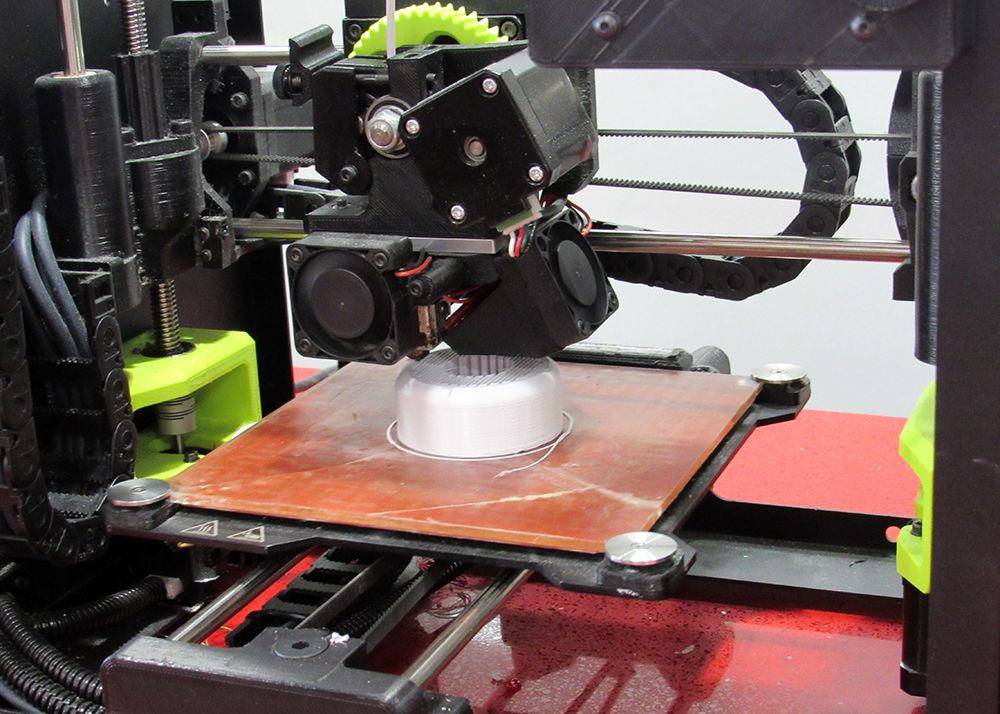NC State University Libraries is offering free 3D printing services to all students this semester despite reduced Makerspace operations due to COVID-19.
According to Justin Haynes, a university library specialist, students can access a short Google form from the library’s 3D printing homepage in order to upload their unique 3D model file and input printing specifications. Once submitted, models are typically printed within one week, and students can choose whether to pick up the final product from the “Ask Us” desk in D.H. Hill Jr. Library or have it shipped directly to their dorm, apartment or house.
Compared to previous years when students were required to purchase their own filament in order to print, the library is offering printing services, including materials, at no cost to students. The libraries have closed in-person printing services and limited printing to remote requests only, prompting them to assume the costs of the material filament required for prints.
“The biggest positive change from [COVID-19] is that we are not charging for the prints anymore,” Haynes said. “Since we are using all library-owned material, we have taken in that cost so that the student doesn’t have to pay at all.”
D.H. Hill Jr. Library reopened its Makerspace on Feb. 1, implementing reduced hours and limited capacity. According to Colin Nickels, the experiential learning services librarian, the D.H. Hill Makerspace operates from 12-5 p.m. Monday through Friday, with a limit of three students in the space at one time.
While in-person 3D printing, along with the use of the milling machines in D.H. Hill Jr. Library, continues to be unavailable, Nickels explained that Makerspace still offers a range of equipment to students on a first-come, first-served basis, including soldering irons, sewing machines, hand tools and craft supplies.
University librarians have closed the James B. Hunt Jr. Library Makerspace completely after data showed low student traffic.
“We wanted to refocus our efforts and human resources on the Hill Makerspace because it offers a much better introduction to 3D printing,” Nickels said. “During normal times, we have a lot more people in the [Hill] space. We can teach you by actually using the machines.”
Librarians are utilizing several avenues to ensure accessibility under COVID-19 restraints. In addition to virtual 3D printing requests, librarians are available through live technology consultations that take place on Zoom and can be requested here. Nickels encouraged students to use these consultations for any questions pertaining to technology, the libraries or Makerspace equipment.
According to Nickels, librarians continue to offer several virtual workshops free of charge, including an introduction to 3D modeling through Tinkercad. The library has also started streaming demonstrations and workshops on their Twitch channel every weekday to sustain student exposure to resources that are currently inaccessible, such as the virtual reality studio and 3D scanning.
“A lot of our services that people assume aren’t available during COVID-19 are actually extra available,” Nickels said. “We have lots of folks that are eager to give help in all sorts of areas right now.”













